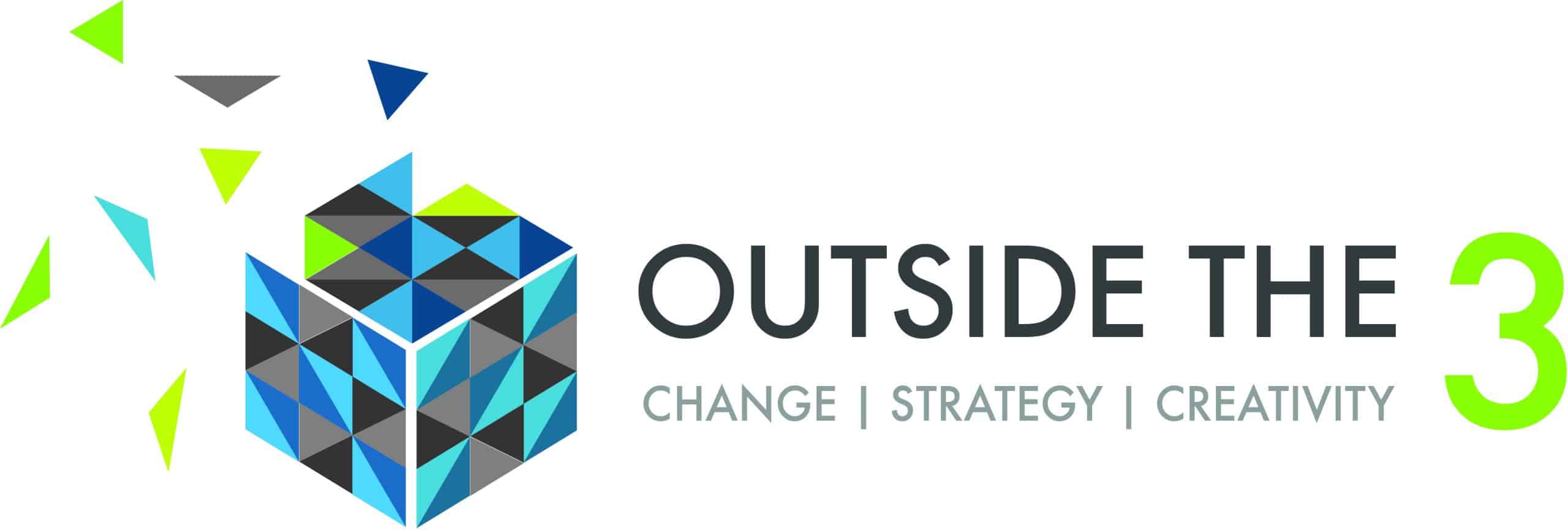It’s fairly normal for an organisation to sit down and plan out what to do about employee engagement. That’s a great thing! In today’s world with a broad mix of demographics and age groups that can often be a challenging thing to do.
One of the simple things that organisation’s miss during this initiative is actually quite simple when you think about it. The notion of “what can we do to MAKE our staff engage better” is fundamentally flawed.
In organisational research, the figures are indeed scary. In Australia, Gallup’s 2011-2012 study showed less than 24% of staff are actively engaged. The most expensive resource any business employs is running at less than a quarter of it’s potential.
The key here is that engagement is something the employee has to offer. They are not obligated, nor required to give it. It must be earned. That takes good leadership. The type of leaders that are supportive, emotionally intelligent, enablers not micro managers.
That sort of leadership is diametrically opposed to the old school “We’re the officers, they’re the grunts; they have to do what they’re told and I don’t care about what goes on in their life outside of work. They come here to do a job, plain and simple”… yep… we’ve actually heard many managers say those type of things before. Ironically, they couldn’t see why staff were unhappy and leaving.
The neuroscience is in and the research is clear. Financial incentives don’t drive productivity. In some cases, they can make it worse. As human’s we’re messy, complicated and irrational. The pace of life is growing exponentially, so to are the distractions, stresses and mental health issues that comes with it. New generations are coming through with a strong desire to innovate and fearlessly move quickly; running head long into generations of policy makers and risk averse businesses jilted from past mistakes, failures or litigation.
Despite those challenges for organisations, there are some really simple things that do reap strong rewards.
1. Soft skills matter!
Let’s be blunt; you shouldn’t need to be taught to say “Good Morning!” to staff. As simple as it is, that one phrase sets the tone for the day so make sure it’s joyous. Experiment with wishing people Happy Friday (or any day of the week) and watch the difference it makes. Corridor conversations, asking people about their weekend, their kids, saying thank you… these things don’t cost you a cent, yet they are vital to build community, collegiality and relationships. That’s what get’s things done.
And in reality, the small talk at the start of a meeting, is actually one of the most important parts of the meeting. It establishes trust, rapport and good will. There’s a big difference between “right everyone, sit down, we’ve got a lot to get through and some big changes you have to deal with” verses “Hey Bob, how’s the kids? Looking forward to the holiday soon? Great stuff! I’m so glad you’re here today. We’ve got some big challenges ahead of us and I really need your experience and input into the direction we take”
2. Challenges and Strengths
We all have various tasks that we love, they come naturally to us, we got lost in them because we enjoy it so much and can do them well. Our minds go into a state of reward, creativity and innovation. This is the foundation of true engagement. Then there’s those other things that we really don’t like, we procrastinate, we get distracted. In our minds they are Mt Everest, when in reality it might only take an hour. Those tasks send us into Fight or Flight mode and kills our ability to perform cognitively.
It doesn’t take much to take stock of what our staff are going through to improve their enjoyment.
Ask your staff which tasks they struggle with because it’s not a natural talent or not something they enjoy. Likewise, find out which tasks within the organisation either in their own job or someone else’s that they find enjoyable… If Betty really struggles with using Excel but there’s some high pressure tasks that she must use it for, then that’s going to disengage her. Sitting right next to her is Doris who loves Excel and is good at it, but her job description doesn’t require her to use it. Is the job description really that important? Find initiatives for task sharing and swapping, maybe give them the autonomy to negotiate with colleagues on this. Ask them for improvement ideas, maybe some thing else could reduce the challenges and work to strengths. Maybe it’s as simple as some training that starts with the phrase “how can I make you look good to your manager?”
3. Say thank you! Mean it!
Those two words are the most cost effective, high ROI, engagement tool at your disposal. Find the opportunities for it, whether little things or big. If there’s been a big win, a successful project or a large proposal finished on a tight timeline, then celebrate. Publicly praise those involved, be specific in what they accomplished. Buy beer and pizza or some other simple means of celebration, get them in a room away from their desks and thank them.
The praise shouldn’t be meaningless and sprinkled about like fair dust. It shouldn’t be hollow platitudes or “Well done” elephant stamp certificates, or emails every day to the whole office thanking people. That’s just adding to white noise. It should be fitting and well earned. A simply hand written card or note left on the desk is a very powerful thing.
4. Employee’s quit bosses, not the company
I’d like you to do a little exercise here. Think of one of your jobs that was one that you didn’t enjoy or it didn’t go so well. Now… think of a moment during that job when you felt yourself disengage. They can be very specific moments. Sometimes a specific phrase or discussion. Often a specific person, a boss that said or did something wrong that really made you think “I’ve had enough of this $&!7”
Now… reflect on your own actions, behaviour, conversations with those around you. Are you replicating the same actions that disengaged you? Or are you working hard to do the opposite? Do you make those around you smile? Do you enable and assist them? Do you show appreciation?
Employee engagement doesn’t have to be a difficult or complex thing. Much of it is about being human! Return kindness and humanity, taking care of each other into the work place. Remove the destructive industrial age attitudes that believe workers are robots to be commanded at will.
References
If you’d like a bit more reading, feel free to check these links out!

